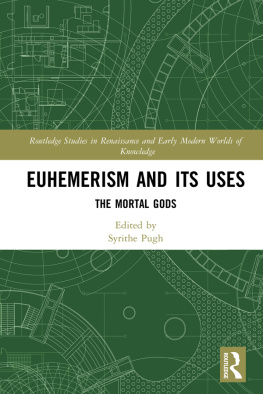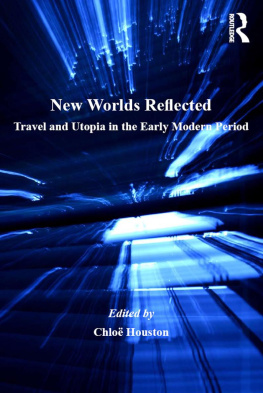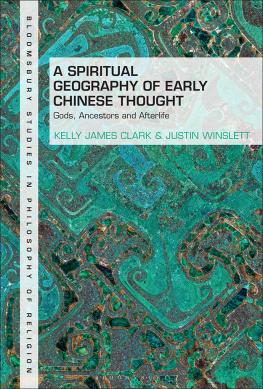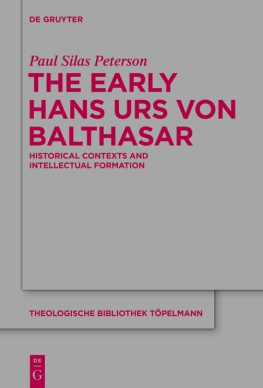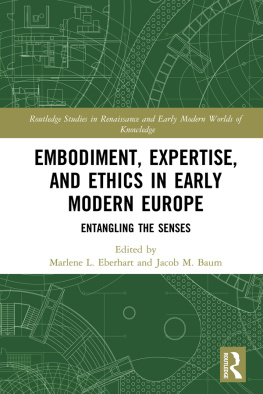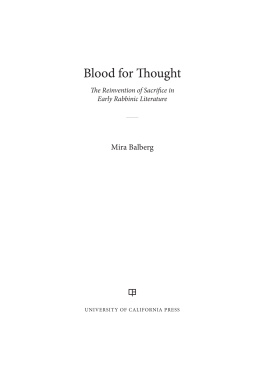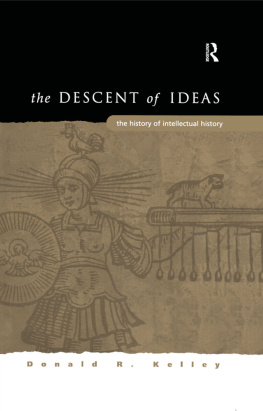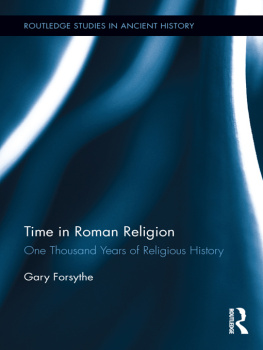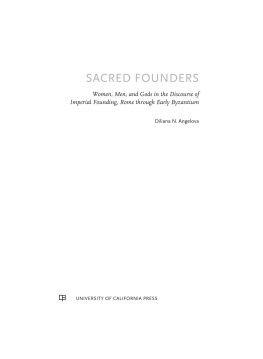Euhemerism and Its Uses
Euhemerism and Its Uses offers the first interdisciplinary, focussed, and all-round view of the long history of an important but understudied phenomenon in European intellectual and cultural history.
Euhemerism the claim that the Greek gods were historically mortal men and women originated in the early third century BCE, in an enigmatic and now fragmentary text by the otherwise unknown author Euhemeros. This work, the Sacred Inscription, has been read variously as a theory of religion, an atheists manifesto, as justifying or satirizing ruler-worship, as a fantasy travel-narrative, and as an early utopia. Influencing Hellenistic and Roman literature and religious and political thought, and appropriated by early Christians to debunk polytheism while simultaneously justifying the continued study of classical literature, euhemerism was widespread in the middle ages and Renaissance, and its reverberations continue to be felt in modern myth-theory. Yet, though frequently invoked as a powerful and pervasive tradition across several disciplines, it is still under-examined and poorly understood.
Filling an important gap in the history of ideas, this volume will appeal to scholars and students of classical reception, mediaeval and Renaissance literature, historiography, and theories of myth and religion.
Syrithe Pugh is Reader in the School of Language, Literature, Music and Visual Culture at the University of Aberdeen. Her research focusses on the reception of classical literature during the Renaissance period.
Routledge Studies in Renaissance and Early Modern Worlds of Knowledge
Series Editors:
Harald E. Braun (University of Liverpool, UK) and Emily Michelson (University of St Andrews, UK)
SRS Board Members:
Erik DeBom (KU Leuven, Belgium), Mordechai Feingold (California Institute of Technology, USA), Andrew Hadfield (Sussex), Peter Mack (University of Warwick, UK), Jennifer Richards (University of Newcastle, UK), Stefania Tutino (UCLA, USA), Richard Wistreich (Royal College of Music, UK)
This series explores Renaissance and Early Modern Worlds of Knowledge (c.1400c.1700) in Europe, the Americas, Asia and Africa. The volumes published in this series study the individuals, communities and networks involved in making and communicating knowledge during the first age of globalization. Authors investigate the perceptions, practices and modes of behaviour which shaped Renaissance and Early Modern intellectual endeavour and examine the ways in which they reverberated in the political, cultural, social and economic sphere.
The series is interdisciplinary, comparative and global in its outlook. We welcome submissions from new as well as existing fields of Renaissance Studies, including the history of literature (including neo-Latin, European and non-European languages), science and medicine, religion, architecture, environmental and economic history, the history of the book, art history, intellectual history and the history of music. We are particularly interested in proposals that straddle disciplines and are innovative in terms of approach and methodology.
The series includes monographs, shorter works and edited collections of essays. The Society for Renaissance Studies (www.rensoc.org.uk) provides an expert editorial board, mentoring, extensive editing and support for contributors to the series, ensuring high standards of peer-reviewed scholarship. We welcome proposals from early career researchers as well as more established colleagues.
18 Towards an Equality of the Sexes in Early Modern France
Edited by Derval Conroy
19 Euhemerism and Its Uses
The Mortal Gods
Edited by Syrithe Pugh
For more information about this series, please visit: www.routledge.com/Routledge-Studies-in-Renaissance-and-Early-Modern-Worlds-of-Knowledge/book-series/ASHSER4043
First published 2021
by Routledge
2 Park Square, Milton Park, Abingdon, Oxon OX14 4RN
and by Routledge
52 Vanderbilt Avenue, New York, NY 10017
Routledge is an imprint of the Taylor & Francis Group, an informa business
2021 selection and editorial matter, Syrithe Pugh; individual chapters, the contributors
The right of Syrithe Pugh to be identified as the author of the editorial material, and of the authors for their individual chapters, has been asserted in accordance with sections 77 and 78 of the Copyright, Designs and Patents Act 1988.
All rights reserved. No part of this book may be reprinted or reproduced or utilised in any form or by any electronic, mechanical, or other means, now known or hereafter invented, including photocopying and recording, or in any information storage or retrieval system, without permission in writing from the publishers.
Trademark notice: Product or corporate names may be trademarks or registered trademarks, and are used only for identification and explanation without intent to infringe.
British Library Cataloguing-in-Publication Data
A catalogue record for this book is available from the British Library
Library of Congress Cataloging-in-Publication Data
A catalog record for this book has been requested
ISBN: 978-0-367-55699-0 (hbk)
ISBN: 978-1-003-09476-0 (ebk)
Typeset in Sabon
by Apex CoVantage, LLC
Contents
SYRITHE PUGH
1 Gods in space and time: Callimachus and Euhemerus
C. L. CASPERS
2 Euhemerism in Virgils Aeneid and Ovids Metamorphoses
DALIDA AGRI
3 Lactantius Euhemerism and its reception
ELIZABETH DEPALMA DIGESER AND AVERY BARBOZA
4 Grounding the gods: spreading geographical euhemerism from Servius to Boccaccio
AMANDA GERBER
5 Mythography as ethnography. Euhemerism in Giovanni Boccaccios explications of Mercury in the Genealogie Deorum Gentilium Libri
DAVID LUMMUS
6 Tracking Titan from Boccaccio to Milton: euhemerism and Tyrannomachy in the Renaissance
SYRITHE PUGH
7 Canonized bones: Shakespeare, Donne, and the euhemeristic aesthetic in early modern England
ETHAN JOHN GUAGLIARDO
8 Totus adest oculis? Approaching euhemerism inBen Jonson, His Part of King James His Royal and Magnificent Entertainment, 1604
EMMA BUCKLEY
9 The sins of Euemeros against truth and honesty: Indo-European Comparative Mythology versus Euhemerism in Victorian Britain
MICHAEL D. KONARIS
10 Frazer as euhemerist: the case of Osiris
ROBERT A. SEGAL
11 Between reception and deception: the perennial problem with euhemerism
NICKOLAS P. ROUBEKAS
(edited and translated by C. L. Caspers)
- 1 Gods in space and time: Callimachus and Euhemerus
- 2 Euhemerism in Virgils Aeneid and Ovids Metamorphoses
- 3 Lactantius Euhemerism and its reception
- 4 Grounding the gods: spreading geographical euhemerism from Servius to Boccaccio
- 5 Mythography as ethnography. Euhemerism in Giovanni Boccaccios explications of Mercury in the Genealogie Deorum Gentilium Libri
- 6 Tracking Titan from Boccaccio to Milton: euhemerism and Tyrannomachy in the Renaissance
- 7 Canonized bones: Shakespeare, Donne, and the euhemeristic aesthetic in early modern England
- 8 Totus adest oculis? Approaching euhemerism in Ben Jonson, His Part of King James His Royal and Magnificent Entertainment, 1604
- 9 The sins of Euemeros against truth and honesty: Indo-European Comparative Mythology versus Euhemerism in Victorian Britain

